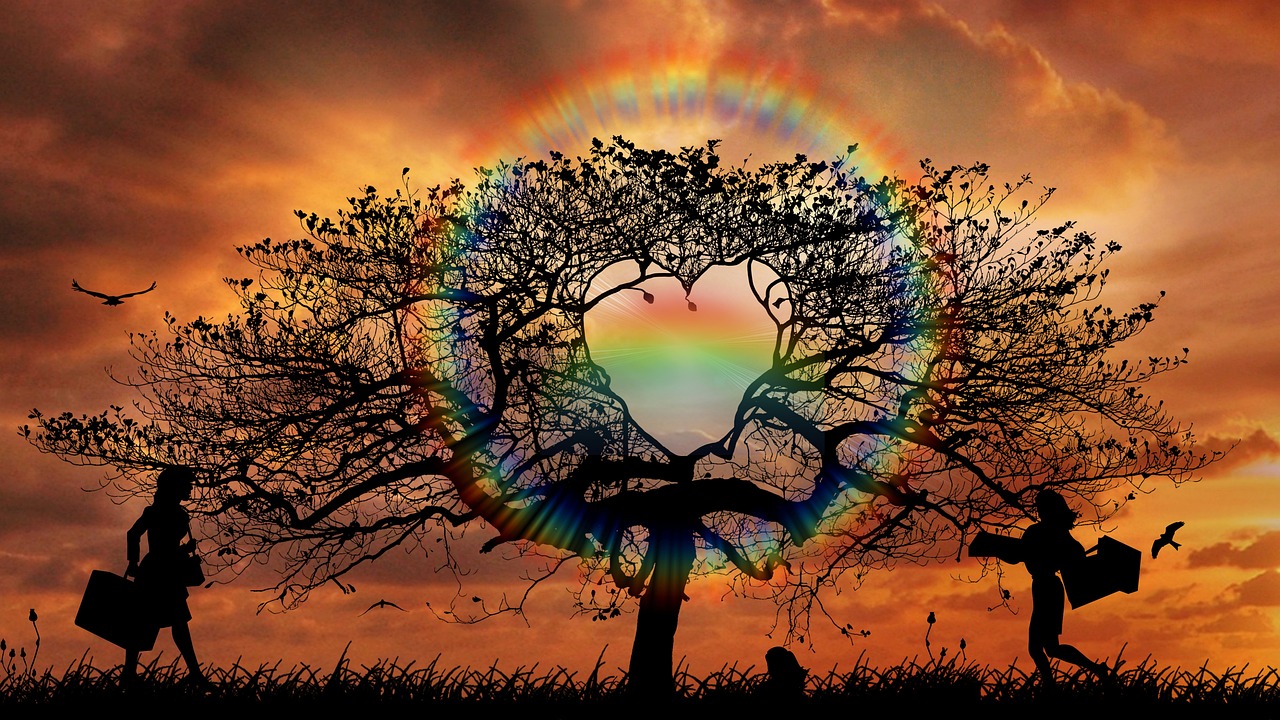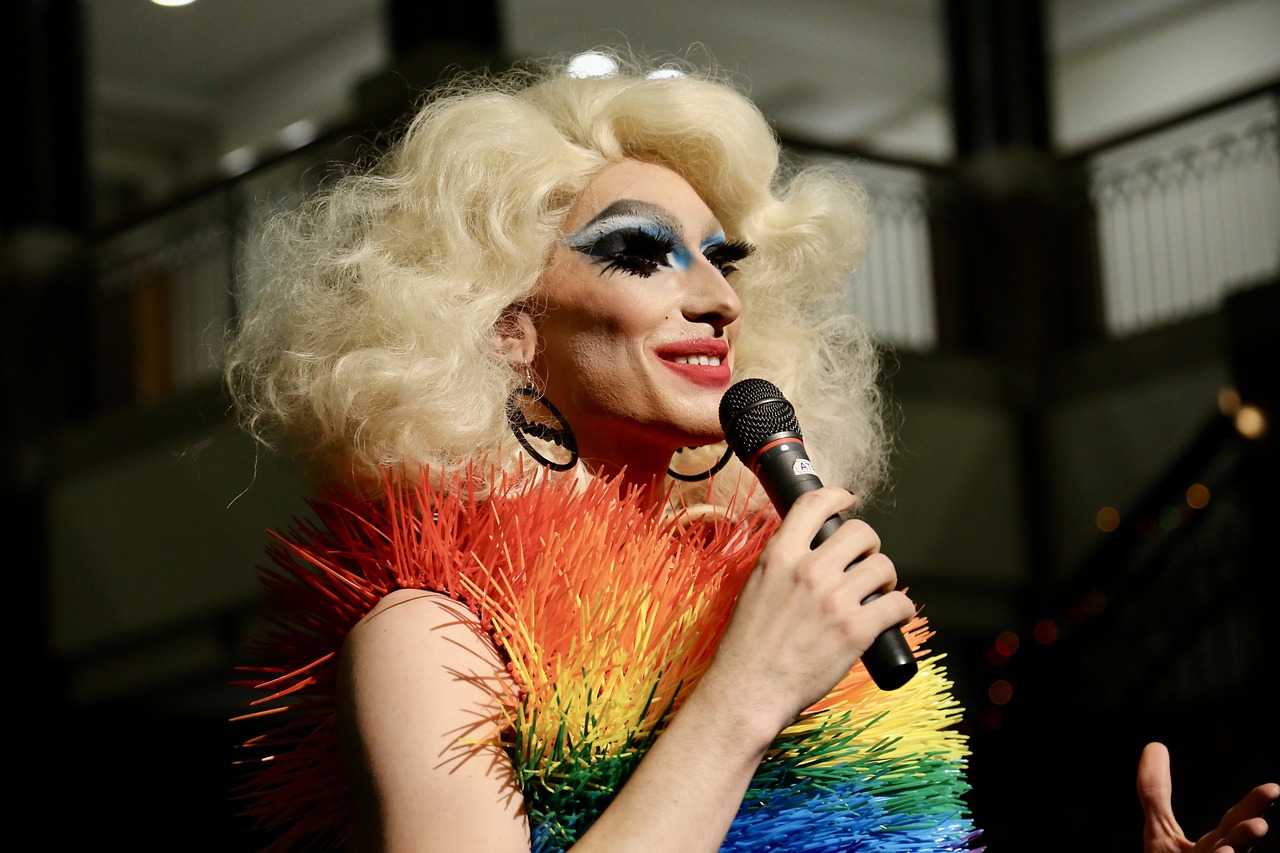The illegal migration bill could make the United Kingdom asylum and immigration system tougher for LGBTQ+ people.
 Charline Corubolo
Charline Corubolo
It’s May 17th. I have just arrived at Seven Dial Club, where Carla from Rainbow Migration greets me with a smile. Her charity and a comedy club are uniting forces to advocate for the removal of the Illegal Migration Bill. The venue is already filled with laughs.
On March 7th, Suella Braverman, the UK Home Secretary, introduced the Illegal Migration Bill to Parliament. It’s a measure presented to regulate migration through the English Channel. In an interview with Sky News last April, she declares the bill is to prevent criminality, which she says is ‘very closely linked’ closely linked to many people arriving in the UK on small boats.
The bill also makes suggestions that anyone who arrives irregularly in the UK will see their asylum claim rejected and could be placed in a detention camp indefinitely. It could also set maximum limits on the amount of people who can enter the UK annually via safe and legal routes.
However, what the Conservative party fails to take into consideration are the main reasons for why people are fleeing their country – such as political instability, wars and death sentences.
 The Home Office’s own data, published in August 2022, shows that in the previous year 23,842 people were granted protection by the UK through asylum and resettlement routes. And the total amount of asylum applications rose by 36% between 2019 and 2021.
The Home Office’s own data, published in August 2022, shows that in the previous year 23,842 people were granted protection by the UK through asylum and resettlement routes. And the total amount of asylum applications rose by 36% between 2019 and 2021.
However, for the same period the LGB (lesbian, gay, bisexual) asylum applications, based on sexual orientation, decreased by 77%.
The data does not take into consideration transgender people, gender non-conforming people and intersex people.
United under the rainbow
Carla tells me that “LGBTQI+ people face unique challenges while going through the asylum system and they can often be overlooked by policymakers”. We are backstage, but can feel the excitement coming from the audience entering the club.
Last year, 18 users of Carla’s Rainbow Migration charity were granted refugee status. Among them were a trans woman from Iran, a gay man from Pakistan and a non-binary person from Saudi Arabia.
 This is a significant victory, considering that since 2017, the government has sent 4,160 LGB asylum seekers back to their countries where homosexuality is criminalised – according to the immigration statistics data.
This is a significant victory, considering that since 2017, the government has sent 4,160 LGB asylum seekers back to their countries where homosexuality is criminalised – according to the immigration statistics data.
1,048 of the LGB asylum seekers sent back to their countries were from Pakistan and 570 were from Bangladesh – two countries where you can face life in prison and the death sentence for same-sex relationships. 381 people from Nigeria had their application refused by the Home Office when they are at the same risk of danger in their own country. “LGBTQI+ people who come here seeking asylum will be highly likely to be detained. […] Following detention, they could be sent to countries that are dangerous for them […] Places like Rwanda, where LGBTQI+ people face discrimination and violence. It’s not too late for the Prime Minister to stop. Any help is more than needed”, urges Carla.
Comedy, the medicine to heal hatred
This evening, the help comes from “Clandestina”, a queer comedy club led by women, trans people and gender non-conforming folks. It is the opening night of the first ever London LGBTQ+ Stand-Up Comedy Festival.
 Victoria Olsina, co-founder of Clandestina, tell me that “comedy is a temporary relief from pain”. As she gets ready before her set, she says, “I find the level of ultra-racism and xenophobia in this country chocking and the only way I can deal with things is by making jokes.”
Victoria Olsina, co-founder of Clandestina, tell me that “comedy is a temporary relief from pain”. As she gets ready before her set, she says, “I find the level of ultra-racism and xenophobia in this country chocking and the only way I can deal with things is by making jokes.”
“In these days of obscurity and extreme fascism’ putting together a queer comedy club and performing for a charity, is the way I can fight”, she adds.
The comedy show rose £1,102 for Rainbow Migration, which has recently launched two petitions: one to stop the ‘Refugee ban bill’, another one to end the immigration detention of LGBTQI+ individuals and to ask for a time limit of detention for everyone.
In Europe, the UK is currently the only country where people can be detained indefinitely.
Adam is one person who could have been detained without help from Rainbow Migration. He agrees to share his story: “I was violently attacked in the street on several occasions, and I knew it wasn’t safe for me to stay in Ghana as an openly bisexual man. I moved to London. In late 2019, I got detained, and spent three months in immigration detention. And thank God I found Rainbow Migration!”
To see the petition to stop illegal immigration bill click here. To view the petition against the immigration detention camp click here.
(Photos: Pixabay)












.jpg)












